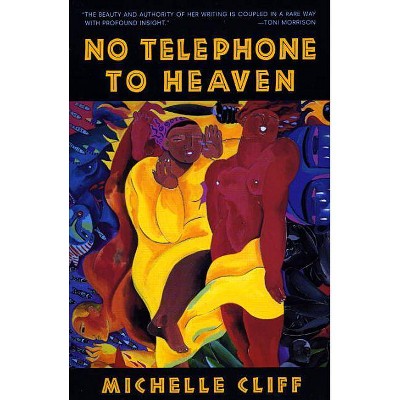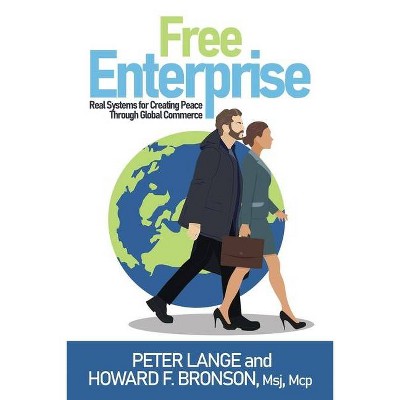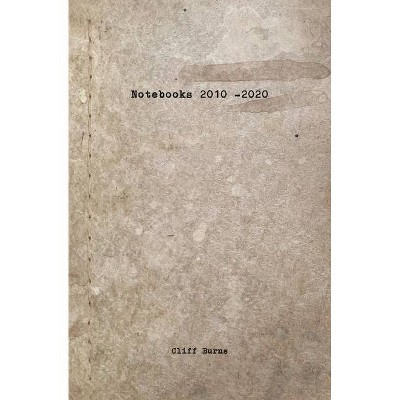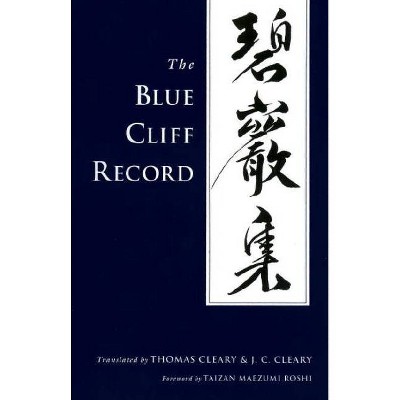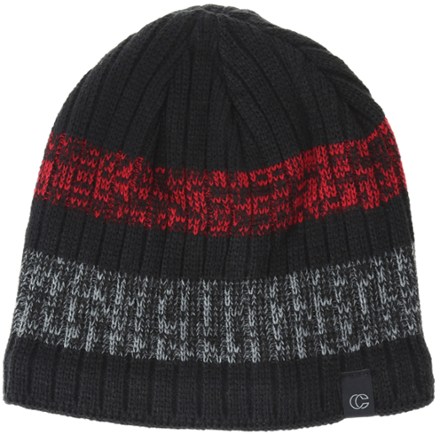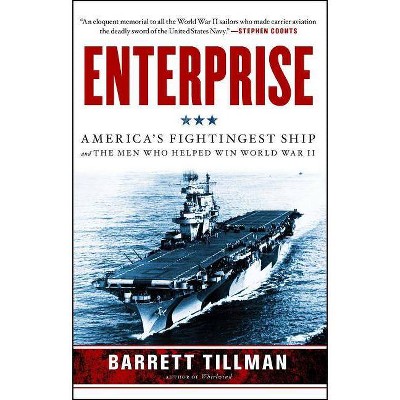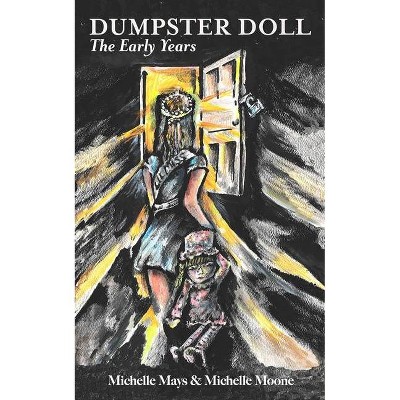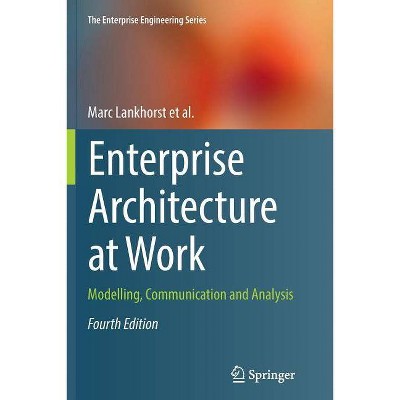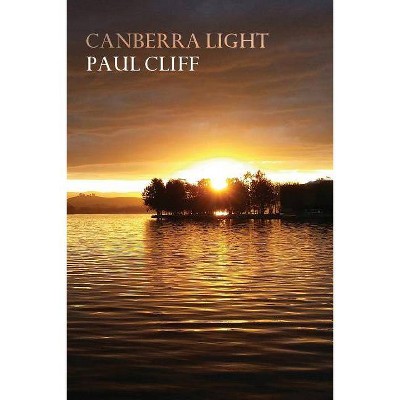Free Enterprise - by Michelle Cliff (Paperback)
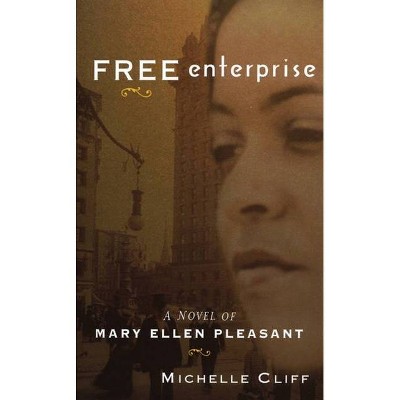
Similar Products
Products of same category from the store
AllProduct info
<p/><br></br><p><b> About the Book </b></p></br></br>A mix of myth, legend, and history evokes the vivid life of a frontier legend and abolitionist.<p/><br></br><p><b> Book Synopsis </b></p></br></br><p>In 1858, two black women meet at a restaurant and begin to plot a revolution. Mary Ellen Pleasant owns a string of hotels in San Francisco that secretly double as havens for runaway slaves. Her comrade, Annie, is a young Jamaican who has given up her life of privilege to fight for the abolitionist cause. Together they join John Brown's doomed enterprise and barely escape with their lives. With mesmerizing skill, Cliff weaves a multitude of voices into a gripping, poignant story of the struggle for liberation that began not long after the first slaves landed on America's shores.</p><p>Cliff's extraordinary novel loosely based on the life of Mary Ellen Pleasant and a Jamaican woman named Annie Christmas . . . The tale of Mary Ellen and Annie is told obliquely, through lyrical fragments, letters, and associative incidents, all part of Cliff's effort to 'adjust the lens' in her fiction, as she calls it, to 'bring the background into relief, blurring the more familiar foreground.'--<em>Village Voice Literary Supplement</em></p><p>Free Enterprise is an angry, gaudy, multicultural storm of a historical novel . . . At the heart of this story are two African-American women, comrades of abolitionist John Brown . . . Michelle Cliff brings together a fabulous cast of outsiders...to retell New World history from the women warriors' point of view.--<em>Elle</em></p><p>An articulate writer with an alluring prose style, Cliff offers and absorbing tale of friendship, survival and courage . . . Cliff skillfully weaves oral testaments, letters, poems, and colorful narrative to tell stories of French, English and Spanish enslavers, and the African, Chinese, Indian and Hawaiian people they persecuted. With prismatic prose, she limns the portraits of her two protagonists--each with her own joys and troubles, who are bound by a common love for their people.--<em>Publishers Weekly</em></p><p>Michelle Cliff thickly wraps legend, fantasy and imagination around the bones of history in this gracefully written account of two spirited Black women whose lives and letters cross from their beginnings as supporters of John Brown's insurrection at Harper's Ferry through the end of the 19th century and a return to a small island off the coast of Massachusetts. There is way in which Michelle Cliff captures the air and heat of a place and brings it fully to life. Whether it's an August dinner party in post Civil War Boston or evening tales recounted at a Louisiana leper colony, or sailing on the Caribbean sea, Cliff makes us want to explore the tales of story tellers and the truths of her intriguing characters.--Devorah Major, author of <em>Brown Glass Windows</em></p><p>Like almost all innovative novels, Free Enterprise explores the question, 'What does it mean to read a book?' Michelle Cliff understands the power--and the danger--of the written word. In Free Enterprise, she invites all of us to escape from our own skins and to enter into the experiences of others. That's the price we sometimes must pay for our own freedom.--<em>Santa Rosa Press Democrat</em></p><p>In her latest novel (after Abeng), the Jamaican-born Cliff attempts to create a web of fantasy, historical fiction, and legend as she relates the story of two black women and their fight for abolition. this is recommended for collections developing African American literature . . . --<em>Library Journal</em></p><p>Written with lyrical power, <em>Free Enterprise</em> is a novel whose beauty opens out from every level of its existence. Confident and visionary, its urgent social agenda--as relevant today as in the time of the setting--speaks with courage to the human struggle for justice and freedom. Bravo! For Michelle Cliff.--Clarence Major, author of <em>Such Was the Season</em></p><p>There are sections of this book so searing that they can only be compare to fire. <em>Free Enterprise</em> burns its images of slavery into your eyes and makes the world seem to shimmer with heat lightning. Free Enterprise, which has as its ambition the rescuing of the past from oblivion, succeeds and more than succeeds.--Susan Fromberg Schaffer, author of <em>The Madness of a Seduced Woman</em></p><p><strong>Michelle Cliff</strong> is the author of <em>No Telephone to Heaven</em>, among other books of fiction and essays.</p><p/><br></br><p><b> Review Quotes </b></p></br></br><br>"There are sections of this book so searing that they can only be compare to fire. Free Enterprise burns its images of slavery into your eyes and makes the world seem to shimmer with heat lightning. Free Enterprise, which has as its ambition the rescuing of the past from oblivion, succeeds and more than succeeds." -- Susan Fromberg Schaffer, author of The Madness of a Seduced Woman<br><p/><br></br><p><b> About the Author </b></p></br></br><p>Michelle Cliff was born in Jamaica and is the author of two previous novels, <em>No Telephone to Heaven</em> and <em>Abeng; </em>a collection of short stories and two poetry collections. Her fiction, poetry and essays have appeared in numerous publications, including <em>Parnassus</em> and the <em>VLS</em>.</p>
Price History
Price Archive shows prices from various stores, lets you see history and find the cheapest. There is no actual sale on the website. For all support, inquiry and suggestion messagescommunication@pricearchive.us
